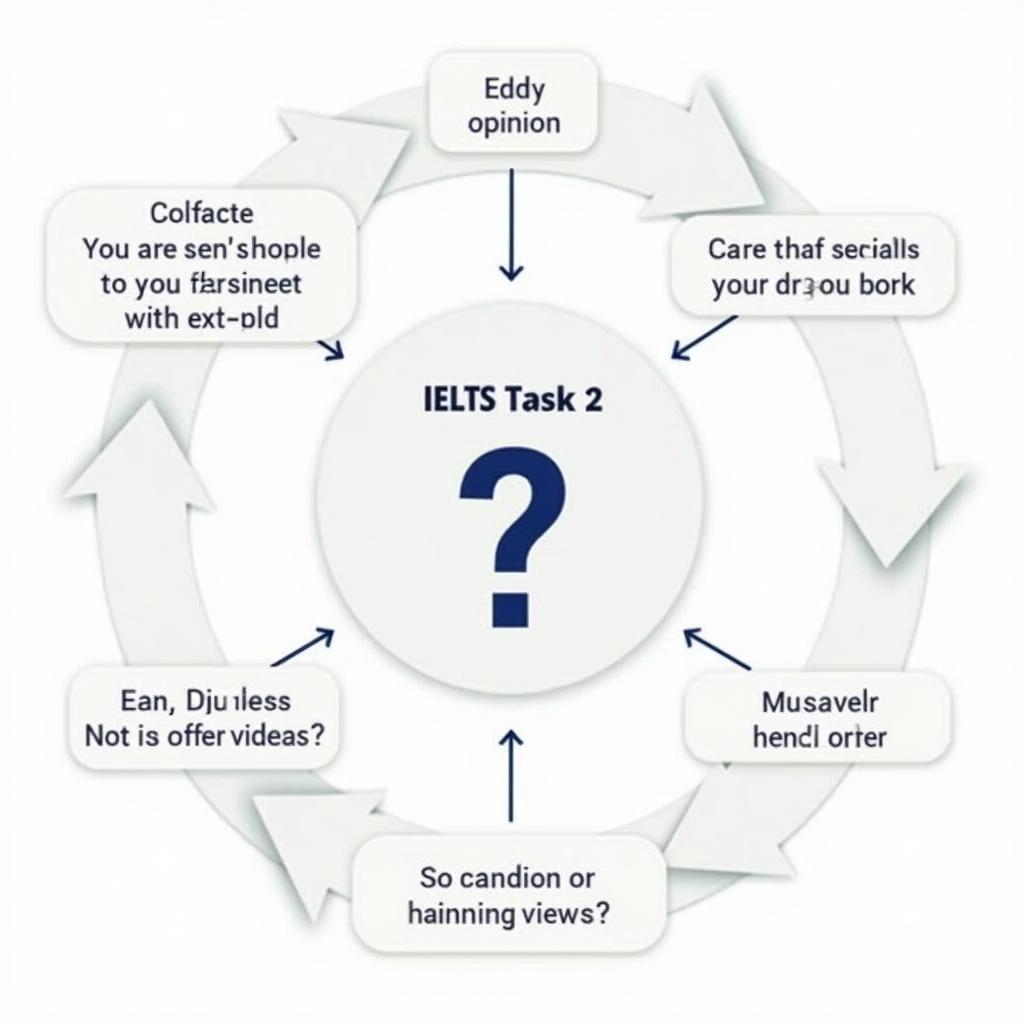Remote work and creativity has become an increasingly common topic in IELTS Writing Task 2 examinations, particularly since the global shift toward remote working arrangements. Based on analysis of past exam questions from 2020-2023, this theme appears in approximately 15% of Task 2 questions, often integrated with workplace productivity and technological advancement topics.
The rise of digital nomad lifestyles has made this topic particularly relevant for test-takers. Let’s examine a recent exam question and analyze sample responses across different band scores.
Some people believe that working remotely reduces creativity and innovation in the workplace, while others argue it enhances creative thinking by providing a more flexible environment. Discuss both views and give your opinion.
Analysis of the Question
This question requires:
- Discussion of both perspectives on remote work’s impact on creativity
- Clear personal stance
- Balanced examination of arguments
- Relevant examples and support
 IELTS Writing Task 2 question analysis showing key requirements
IELTS Writing Task 2 question analysis showing key requirements
Band 8.5 Sample Essay
In the contemporary workplace landscape, the impact of remote work on creativity has become a subject of intense debate. While some argue that physical separation hampers creative collaboration, others contend that flexibility enhances innovative thinking. In my opinion, remote work can significantly boost creativity when properly implemented.
Those who oppose remote work often argue that physical separation diminishes spontaneous interactions crucial for innovation. The effects of remote work on collaboration can indeed present challenges, as casual conversations by the water cooler or impromptu brainstorming sessions become less frequent. Furthermore, the absence of physical presence may reduce the energy and dynamism typically associated with collaborative creative processes.
However, proponents of remote work present compelling evidence that flexibility fosters creativity. When employees have the autonomy to work in their preferred environment, they often experience enhanced focus and mental clarity. This freedom from traditional office constraints can lead to more innovative thinking. Additionally, how teleworking is changing the traditional office environment shows that digital tools have evolved to facilitate creative collaboration effectively.
In my assessment, remote work’s positive impact on creativity outweighs its drawbacks. The key lies in implementing proper digital infrastructure and maintaining regular virtual interactions. Companies that have successfully adapted to remote work often report increased innovation, as employees leverage technology while enjoying better work-life balance, leading to fresher perspectives and more original ideas.
Band 6.5 Sample Essay
These days, many people debate about remote work and creativity. Some people think it’s bad for creative work, but others say it helps people think better. I will discuss both sides and give my opinion.
First, some people believe remote work makes it harder to be creative. When people work from home, they cannot easily talk to colleagues or share ideas face-to-face. Also, team meetings online are sometimes not as good as real meetings in the office. This might reduce new ideas and innovation in companies.
However, other people think remote work is good for creativity. Working from home means people can choose their best time to work and have a quiet place to think. They don’t waste time traveling and can use this time for creative thinking. Also, impact of mental health on workplace productivity shows that less stress helps people think better.
In my opinion, remote work can help creativity if companies use it correctly. They need good online tools and should encourage workers to share ideas regularly. The importance of work-life balance cannot be ignored in creative work.
Key Vocabulary
- spontaneous (adj) /spɒnˈteɪniəs/ – unplanned or natural
- impromptu (adj) /ɪmˈprɒmptjuː/ – done without preparation
- autonomy (n) /ɔːˈtɒnəmi/ – freedom to make own decisions
- infrastructure (n) /ˈɪnfrəstrʌktʃə/ – basic systems and services
- leverage (v) /ˈliːvərɪdʒ/ – use something to maximum advantage
High-Scoring Sentence Patterns
- Complex Contrast: “While some argue that physical separation hampers creative collaboration, others contend that flexibility enhances innovative thinking.”
- Cause-Effect with Multiple Elements: “Companies that have successfully adapted to remote work often report increased innovation, as employees leverage technology while enjoying better work-life balance.”
- Conditional Perfect: “When properly implemented, remote work can significantly boost creativity through various mechanisms.”
Practice writing your own essay on this topic and share it in the comments section for feedback and discussion.


